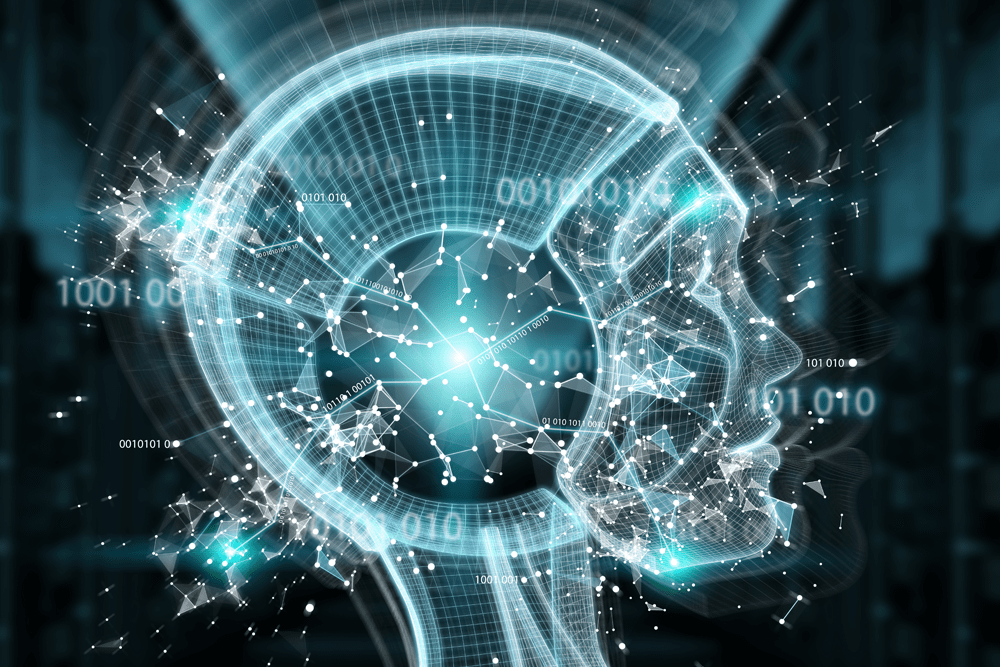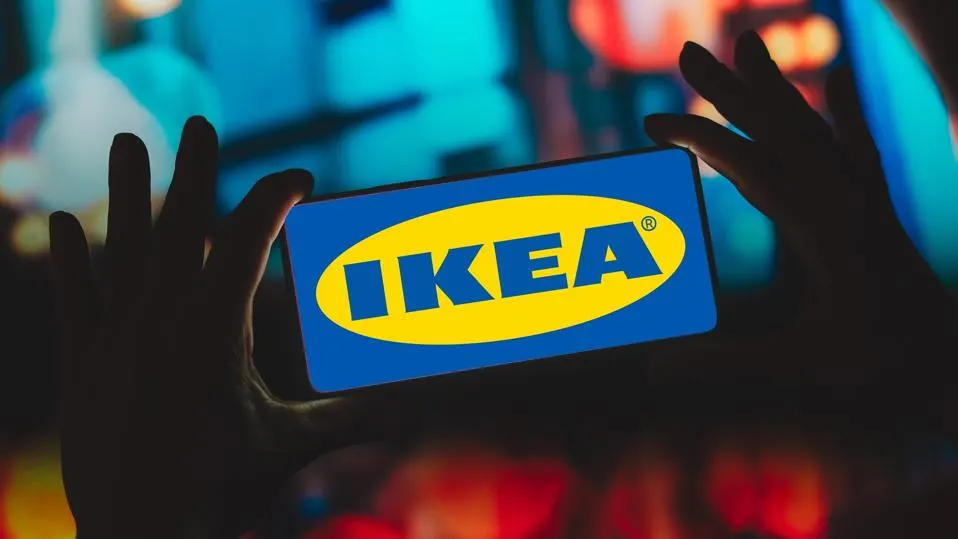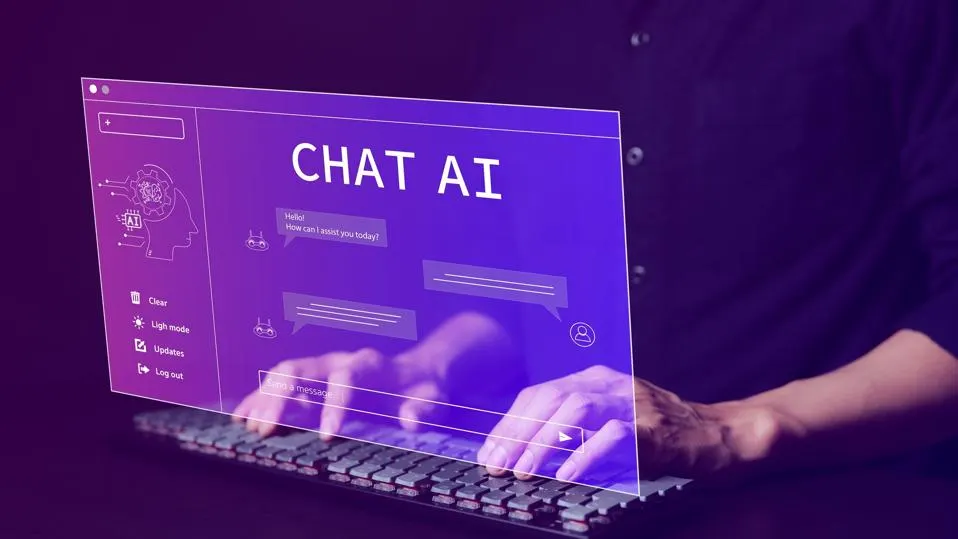How Is AI Used In Education — Real World Examples Of Today And A Peek Into The Future
2 July 2021
While the debate regarding how much screen time is appropriate for children rages on among educators, psychologists, and parents, it’s another emerging technology in the form of artificial intelligence and machine learning that is beginning to alter education tools and institutions and changing what the future might look like in education. It is expected that artificial intelligence in U.S. Education will grow by 47.5% from 2017-2021 according to the Artificial Intelligence Market in the US Education Sector report. Even though most experts believe the critical presence of teachers is irreplaceable, there will be many changes to a teacher’s job and to educational best practices.

Teacher and AI collaboration
AI has already been applied to education primarily in some tools that help develop skills and testing systems. As AI educational solutions continue to mature, the hope is that AI can help fill needs gaps in learning and teaching and allow schools and teachers to do more than ever before. AI can drive efficiency, personalization and streamline admin tasks to allow teachers the time and freedom to provide understanding and adaptability—uniquely human capabilities where machines would struggle. By leveraging the best attributes of machines and teachers, the vision for AI in education is one where they work together for the best outcome for students. Since the students of today will need to work in a future where AI is the reality, it’s important that our educational institutions expose students to and use the technology.
Differentiated and individualized learning
Adjusting learning based on an individual student’s particular needs has been a priority for educators for years, but AI will allow a level of differentiation that’s impossible for teachers who have to manage 30 students in each class. There are several companies such as Content Technologies and Carnegie Learning currently developing intelligent instruction design and digital platforms that use AI to provide learning, testing and feedback to students from pre-K to college level that gives them the challenges they are ready for, identifies gaps in knowledge and redirects to new topics when appropriate. As AI gets more sophisticated, it might be possible for a machine to read the expression that passes on a student’s face that indicates they are struggling to grasp a subject and will modify a lesson to respond to that. The idea of customizing curriculum for every student’s needs is not viable today, but it will be for AI-powered machines.
Universal access for all students
Artificial intelligence tools can help make global classrooms available to all including those who speak different languages or who might have visual or hearing impairments. Presentation Translator is a free plug-in for PowerPoint that creates subtitles in real time for what the teacher is saying. This also opens up possibilities for students who might not be able to attend school due to illness or who require learning at a different level or on a particular subject that isn’t available in their own school. AI can help break down silos between schools and between traditional grade levels.
Automate admin tasks
An educator spends a tremendous amount of time grading homework and tests. AI can step in and make quick work out of these tasks while at the same time offering recommendations for how to close the gaps in learning. Although machines can already grade multiple-choice tests, they are very close to being able to assess written responses as well. As AI steps in to automate admin tasks, it opens up more time for teachers to spend with each student. There is much potential for AI to create more efficient enrollment and admissions processes.
Tutoring and support outside the classroom
Ask any parent who has struggled to help their teenager with algebra, and they will be very excited about the potential of AI to support their children when they are struggling at home with homework or test preparations. Tutoring and studying programs are becoming more advanced thanks to artificial intelligence, and soon they will be more available and able to respond to a range of learning styles.
There are many more AI applications for education that are being developed including AI mentors for learners, further development of smart content and a new method of personal development for educators through virtual global conferences. Education might be a bit slower to the adoption of artificial intelligence and machine learning, but the changes are beginning and will continue.
Related Articles
Responsible AI: Why Privacy Is An Essential Element
Today, people often talk about “responsible” AI use, but what do they really mean?[...]
The Amazing Ways IKEA Is Using Generative AI
Global furniture retailer IKEA has long been at the forefront of tech-driven retail innovation.[...]
Generative AI Is Coming To Your Home Appliances
Across all industries, organizations are rapidly embracing generative AI. Among them, makers of home appliances like fridges and ovens.[...]
Generative AI And The Risk Of Inbreeding
We all understand the concept of inbreeding in human terms – where people who are too genetically similar reproduce, resulting in offspring with deformities.[...]
How Generative AI Will Change The Jobs Of HR Professionals
HR is fundamentally about managing humans – so how will the job change in a future where powerful generative AI tools are everywhere?[...]
Amazon Harnesses Generative AI For Seamless Palm Recognition Shopping Experience
Generative AI may have made headlines for its ability to write text and create art, but its uses extend beyond simply generating content.[...]
Sign up to Stay in Touch!
Bernard Marr is a world-renowned futurist, influencer and thought leader in the fields of business and technology, with a passion for using technology for the good of humanity.
He is a best-selling author of over 20 books, writes a regular column for Forbes and advises and coaches many of the world’s best-known organisations.
He has a combined following of 4 million people across his social media channels and newsletters and was ranked by LinkedIn as one of the top 5 business influencers in the world.
Bernard’s latest book is ‘Generative AI in Practice’.










Social Media